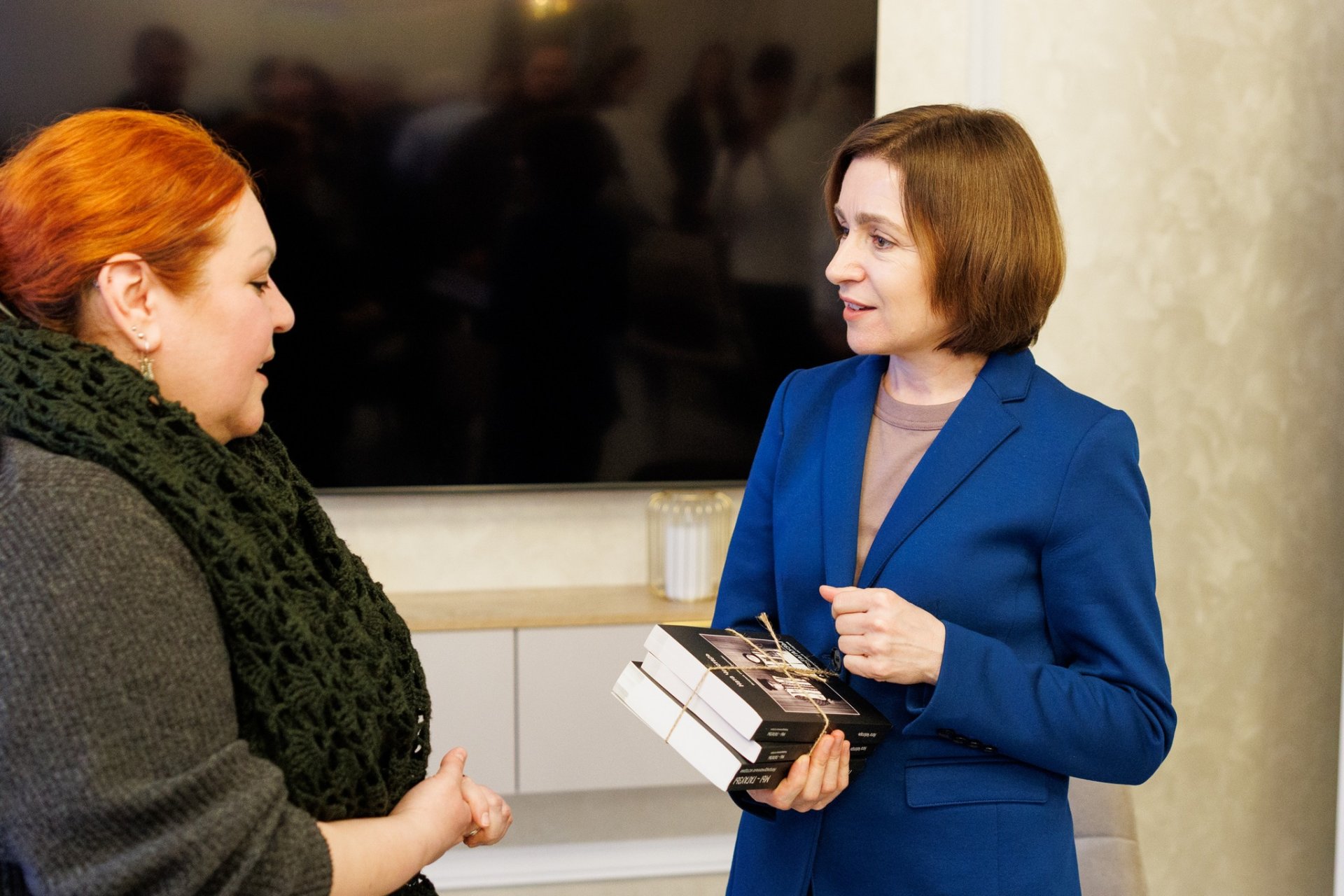
Moldovan homeowners' associations, important in energy efficiency issues, to be supported by state, development partners
The first discussion platform dedicated to associations of homeowners for energy efficiency has brought to the forefront the challenges and opportunities of energy rehabilitation of residential buildings from Moldova. The event, held this week, brought together representatives of public authorities, homeowners’ associations, experts and international partners, in order to discuss available support mechanisms, with focus on the Residential Sector Energy Efficiency Fund (FEERM).
The participants in the discussions emphasized that energy efficiency in buildings was not only a technical issue, but also a process that depends on active behavior and collaboration among citizens. This brings real benefits in reducing energy consumption, energy costs and has a direct impact on residents’ quality of life.
"We prioritize energy efficiency to the fullest. We have built a strong international collaboration, in order to apply concrete measures to reduce consumption. However, it is not enough to have technical solutions - a change in mindset is needed. Even where there are associations, not all residents are open for these initiatives. Much work has been done in launching this fund and we want to ensure that every community understands and can leverage the available opportunities," said Carolina Novac, State Secretary in the Ministry of Energy.
Homeowner’s associations in condominiums can access funding for energy efficiency works through the Residential Sector Energy Efficiency Fund, provided that they are legally constituted, have no debts to the state budget or service providers and are not involved in litigation. Decisions regarding participation in the programme, selection of renovation measures and their financial contribution must be adopted at the general assembly.
"To support the optimization of energy consumption, we have created financial products tailored to the needs of consumers and specific market characteristics. We are in the process of discussions and providing the necessary support to homeowners’ associations, so that they can progress with implementing energy efficiency projects. We want this process to become more accessible and predictable for all parties interested," noted Ion Muntean, Director of the National Centre for Sustainable Energy (CNED).
Cristian Borchard, manager of the Norway-funded component of the E4M project, said that Norway would financially support small residential buildings, through a pilot project targeting ten buildings.
"It is important for the beneficiaries of these programs to be well-informed to access these funding opportunities. We want this support to result in more buildings improved in terms of energy efficiency, with reduced energy consumption, lower bills and increased thermal comfort for all residents. Applications for this component are open," said Cristian Borchard.
During the event, a new financing product under FEERM - "Green House" - intended for individual homes, was presented. Soon, it will provide, in a pilot mode, grants of up to 50 per cent for energy efficiency works. The application process will be fully digitalized, facilitating access for beneficiaries across the country.
Also, an innovative new project for Moldova - Passive Houses, with a budget of 2.8 million euros, allocated by Denmark, will be launched under the E4M project.
"Denmark is collaborating with the banking sector, in order to develop attractive financial products for those implementing construction projects. We have a lot of experience and the necessary framework to ensure the construction of energy-efficient buildings. A crucial aspect is the strong involvement of relevant industries. We are working closely with partners in Moldova to support the country's energy independence," added Jasmin Frentzel Sørensen, Deputy Head of Mission/Royal Danish Embassy in Chisinau.
The parties agreed that open dialogue between authorities, development partners, and homeowner associations represents a concrete step towards accelerating the renovation of the housing stock and improving energy efficiency in the Republic of Moldova.
The event was organized with the support of the Green Transition in Moldova programme, funded by the French Development Agency (AFD) and the European Union, and with support from the Energy Efficiency and Renewable Energy for Moldova (E4M) project. E4M is a project implemented by the German Agency for International Cooperation (GIZ), along with the government of Moldova, funded by the German government, and co-funded by the European Union, Norway and Denmark.
Bălți–Suceava power line project declared of public utility
Moldova to set up emergency petroleum product stocks
Economic resilience in livestock sector
Moldovan parliament passes tax and customs facilities for Bîc river rehabilitation project
Safety rules and standards for Moldovan passenger ships to be aligned with European ones
Moldova awarded at international contest in Abu Dhabi
ASD: winter conditions in Northern Moldova
MAIA to assess impact of frosts, consult farmers
Swiss Cooperation Programme 2025-2028 launched in Chișinău: 104 million Swiss francs for Moldova's development
Most residential blocks in Chisinau to undergo energy renovation, under government decision
Breaking news
Parliamentary elections to be held in Moldova on September 28; Parliament Speaker says these elections to de defining for country's history
Moldovan government approves amendments to natural gas law
Moldovan judges, prosecutors trained on environmental crimes' investigation, examination
Giurgiulesti Passenger, Cargo Port to be expanded; Moldovan government establishes commission for declaring national public utility of works
New candidacy for position of Audiovisual Council member proposed to Moldova's parliament
As much as 1.7 billion lei to be invested in modernization of national public roads in Moldova in 2025
Moldovan Foreign Affairs Ministry denies so-called order circulating in public space, allegedly signed by foreign affairs minister
Safe Easter Holidays // Spokesman for Moldova's government says physicians, police officers, firefighters, other public sector employees to be on duty for Easter
Members of European Parliament's Committee on Security and Defense on visit to Moldova's parliament
Moldovan students,' pupils' scholarships to be indexed by 4.6 per cent
PHOTO GALLERY // Government's decisions on eve of Easter holidays
MIDR: Government and EBRD to ensure identification of Giurgiulești Port investor proceeds in line with legislation and national interest
Two more African swine fever outbreaks in Ungheni and Strășeni
PHOTO GALLERY // The Easter Holiday in Moldova. Traditions and customs
Moldovan government approves Access to Culture national programme


